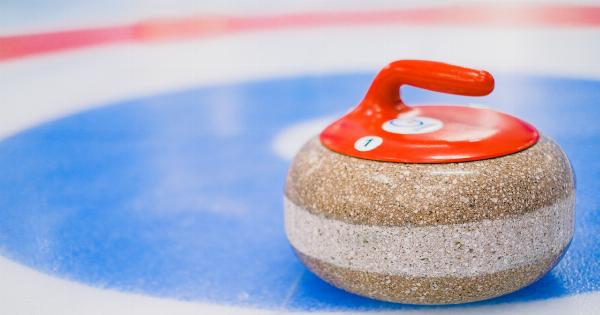Fungal infections on the feet and genitals are common and can be caused by a variety of factors. These infections can be unpleasant and uncomfortable if left untreated.
This guide will provide you with useful tips on how to prevent and treat fungal infections.
What Causes Fungal Infections?
Fungal infections are caused by a fungal agent that survives in moist, warm environments. Common causative agents include:.
- Yeast infection
- Molds
- Dermatophytes such as Tinea pedis
Symptoms of Fungal Infections
The common symptoms of fungal infections on the feet and genitals include:.
- Redness and itching
- Rash
- Discharge
- Cracking and scaling
- Pain and discomfort
Prevention of Fungal Infections
The following tips can help prevent fungal infections:.
- Keep your feet clean and dry at all times
- Avoid wearing closed-toe shoes for long periods of time
- Wear shoes made of breathable materials
- Avoid sharing personal items with others such as towels and shoes
- Regularly change your socks and underwear
Treatment Guidelines for Fungal Infections
The mainstay of treatment for fungal infections on the feet and genitals is topical antifungal agents. These agents include:.
- Miconazole
- Clotrimazole
- Terbinafine
- Econazole
If the infection is severe, oral antifungal medications may be prescribed. It is important to follow the prescribed treatment regimen to ensure successful treatment of the infection.
Home Remedies for Fungal Infections
The following home remedies may help relieve symptoms of fungal infections:.
- Tea tree oil
- Garlic
- Apple cider vinegar
- Coconut oil
It is important to note that home remedies should not be used as a substitute for prescribed medication.
When to See a Doctor
If you have symptoms of a fungal infection that do not go away after a week of treatment, it is important to consult a doctor. In addition, if you develop a fever, chills, or other signs of systemic infection, seek medical attention immediately.
Conclusion
Fungal infections on the feet and genitals can be prevented by maintaining proper hygiene and avoiding shared personal items.
If you develop symptoms of a fungal infection, seek medical attention and follow the prescribed treatment regimen for successful treatment. Home remedies may help relieve symptoms, but they should not be used as a substitute for prescribed medication.






























